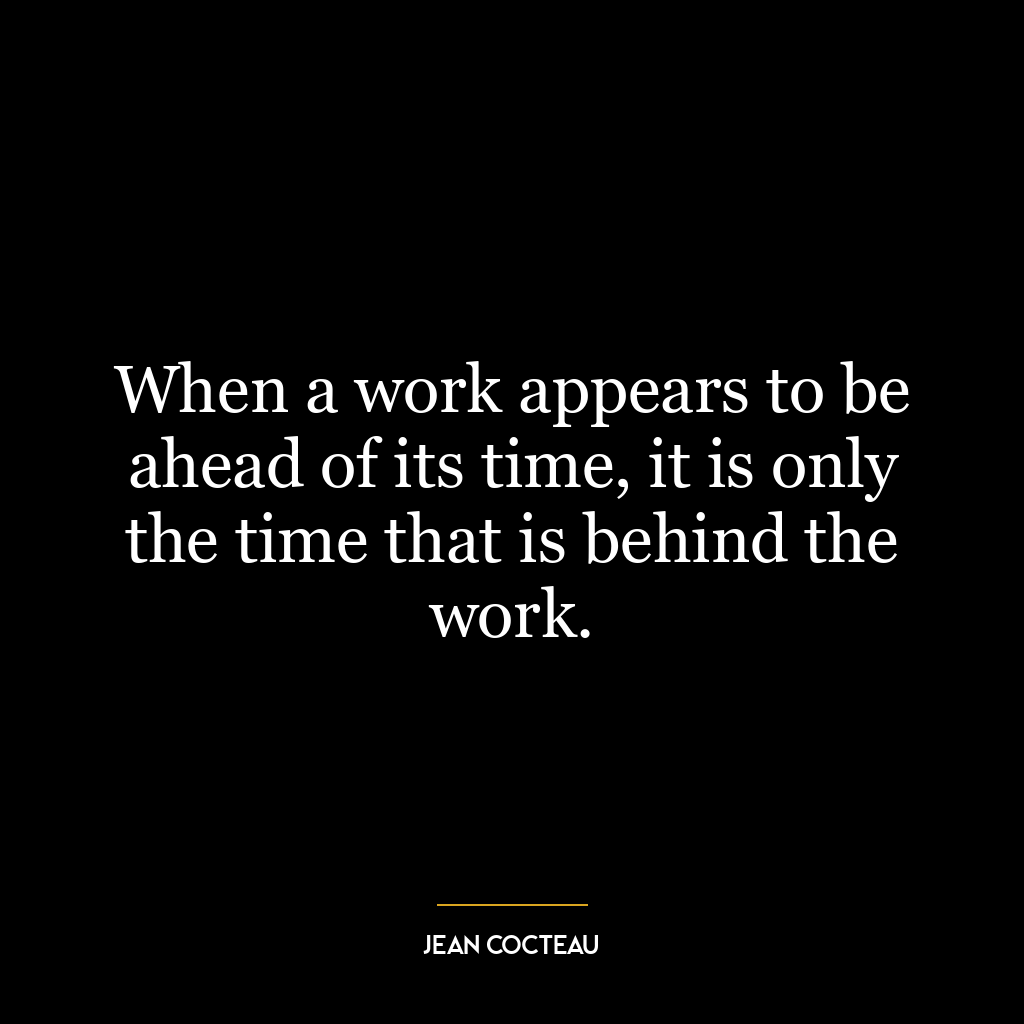The way we see things is the source of the way we think or the way we act
This quote emphasizes the significance of perception in shaping our thoughts and actions. It suggests that our world view, or how we perceive and interpret things around us, is what ultimately influences our thinking patterns and behaviors. Essentially, our personal realities are constructed by our perceptions, and these perceptions then govern how we interact with the world.
This concept can be better understood through the lens of cognitive psychology. Our brains are constantly receiving and processing information, and this information is filtered through our individual perceptions, which are shaped by our experiences, beliefs, and values. This processed information then forms the basis of our thoughts and actions. For example, if we perceive a situation as threatening, we are likely to react defensively, but if we perceive the same situation as an opportunity, we might react with enthusiasm and optimism.
In today’s world, this idea is particularly relevant in the context of social and cultural diversity. People from different backgrounds and cultures may perceive the same situation differently due to their unique experiences and worldviews. This can lead to misunderstandings and conflicts if not managed properly. Therefore, it’s crucial to practice empathy and open-mindedness to understand and respect others’ perspectives.
In terms of personal development, understanding this concept can be a powerful tool for self-improvement. By becoming aware of our perceptions and how they influence our thoughts and actions, we can consciously choose to change our perceptions to foster positive thinking and constructive behaviors. For instance, instead of perceiving failure as a setback, we can choose to see it as a learning opportunity, which can help us build resilience and perseverance.
Moreover, this idea can also be applied in overcoming biases and prejudices. Often, our perceptions are clouded by unconscious biases that influence our thoughts and actions in negative ways. By acknowledging these biases and actively working to change our perceptions, we can foster more inclusive and fair behaviors.
In conclusion, the way we see things doesn’t just define our experience of the world; it also shapes our thoughts, actions, and personal growth. By understanding and managing our perceptions, we can positively influence our thinking patterns, behaviors, and interactions with the world.








